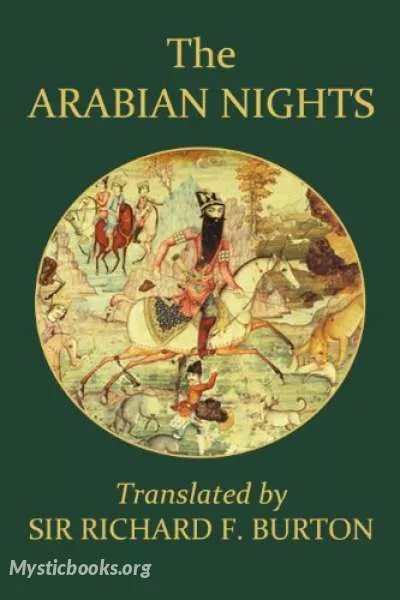
The Book of A Thousand Nights and a Night (Arabian Nights), Volume 03
'The Book of A Thousand Nights and a Night (Arabian Nights), Volume 03' Summary
The main frame story concerns Shahryār (Persian: شهريار, from Middle Persian: šahr-dār, 'holder of realm'), whom the narrator calls a "Sasanian king" ruling in "India and China." Shahryār is shocked to learn that his brother's wife is unfaithful. Discovering that his own wife's infidelity has been even more flagrant, he has her killed. In his bitterness and grief, he decides that all women are the same. Shahryār begins to marry a succession of virgins only to execute each one the next morning, before she has a chance to dishonour him.
Eventually the Vizier (Wazir), whose duty it is to provide them, cannot find any more virgins. Scheherazade (Persian: شهْرزاد, Shahrazād, from Middle Persian: شهر, čehr, 'lineage' + ازاد, āzād, 'noble'), the vizier's daughter, offers herself as the next bride and her father reluctantly agrees. On the night of their marriage, Scheherazade begins to tell the king a tale, but does not end it. The king, curious about how the story ends, is thus forced to postpone her execution in order to hear the conclusion. The next night, as soon as she finishes the tale, she begins another one, and the king, eager to hear the conclusion of that tale as well, postpones her execution once again. This goes on for one thousand and one nights, hence the name.
The tales vary widely: they include historical tales, love stories, tragedies, comedies, poems, burlesques, and various forms of erotica. Numerous stories depict jinn, ghouls, apes, sorcerers, magicians, and legendary places, which are often intermingled with real people and geography, not always rationally. Common protagonists include the historical Abbasid caliph Harun al-Rashid, his Grand Vizier, Jafar al-Barmaki, and the famous poet Abu Nuwas, despite the fact that these figures lived some 200 years after the fall of the Sassanid Empire, in which the frame tale of Scheherazade is set. Sometimes a character in Scheherazade's tale will begin telling other characters a story of his own, and that story may have another one told within it, resulting in a richly layered narrative texture.
Different versions differ, at least in detail, as to final endings (in some Scheherazade asks for a pardon, in some the king sees their children and decides not to execute his wife, in some other things happen that make the king distracted) but they all end with the king giving his wife a pardon and sparing her life.
The narrator's standards for what constitutes a cliffhanger seem broader than in modern literature. While in many cases a story is cut off with the hero in danger of losing their life or another kind of deep trouble, in some parts of the full text Scheherazade stops her narration in the middle of an exposition of abstract philosophical principles or complex points of Islamic philosophy, and in one case during a detailed description of human anatomy according to Galen—and in all of these cases she turns out to be justified in her belief that the king's curiosity about the sequel would buy her another day of life.
Book Details
Language
EnglishOriginal Language
Arabic, PersianPublished In
Authors
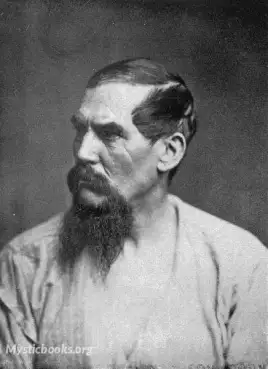
Richard Francis Burton
England
Sir Richard Francis Burton was a British explorer, scholar and soldier. He was famed for his travels and explorations in Asia, Africa, and the Americas, as well as his extraordinary knowledge of langu...
Books by Richard Francis BurtonDownload eBooks
Listen/Download Audiobook
- Select Speed
Related books
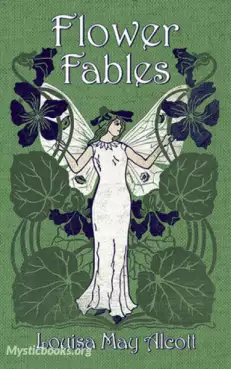
Flower Fables by Louisa May Alcott
Flower Fables was the first work published by Louisa May Alcott and appeared on December 9, 1854. The book was a compilation of fanciful stories first...

The Fortunes of Nigel by Sir Walter Scott
During the turbulent moment in English history involving King James 1 and 6, Nigel Olifaunt, a Scottish lord, seeks to protect his family home and hol...
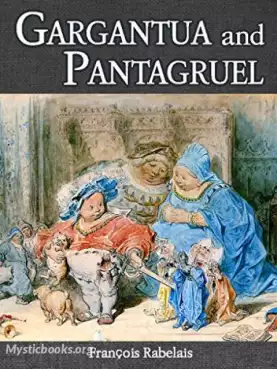
Gargantua and Pantagruel, Book II by Francois Rabelais
The Life of Gargantua and of Pantagruel is a pentalogy of novels written in the 16th century by François Rabelais,a telling the adventures of two gian...
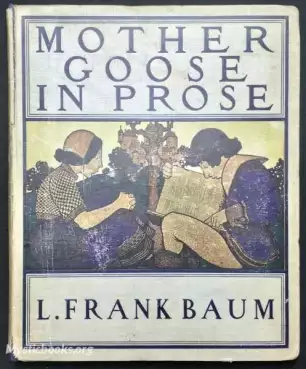
Mother Goose in Prose by L. Frank Baum
Mother Goose in Prose is a collection of twenty-two children's stories based on Mother Goose nursery rhymes. It was the first children's book written...

Stories from Pentamerone by Giambattiste Basile
The Pentamerone is a seventeenth-century fairy tale collection by Italian poet and courtier Giambattista Basile.
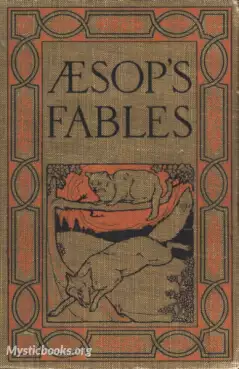
Aesops Fables in Russian by Aesop
A collection of the most famous from Aesop's fables in Russian language.

Imperium in Imperio: A Study of the Negro Race Problem by Sutton Griggs
Imperium in Imperio is a historical fiction novel by Sutton Griggs, published in 1899. The novel covers the life of Belton Piedmont, an educated and d...
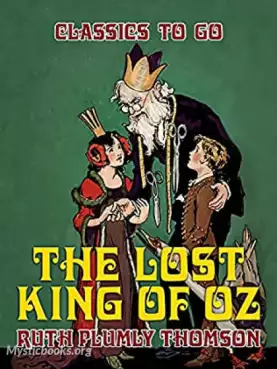
The Lost King of Oz by Ruth Thompson
"Princess Ozma has ruled so wisely and happily in the wonderful Land of Oz for so long that most of us have forgotten the strange story of the Lost Ki...
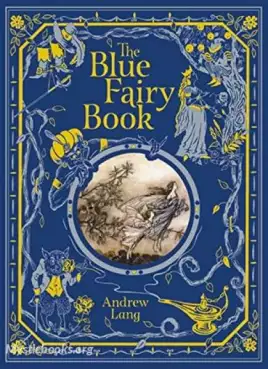
The Blue Fairy Book by Andrew Lang
Published in 1889, The Blue Fairy Book is the first book in the series of story collections known as Andrew Lang's “Coloured” Fairy Books, which bring...

Maria Chapdelaine by Louis Hemon
Maria Chapdelaine is a romance novel written in 1913 by the French writer Louis Hémon, who was then residing in Quebec. Aimed at French and Quebec ado...
Reviews for The Book of A Thousand Nights and a Night (Arabian Nights), Volume 03
No reviews posted or approved, yet...